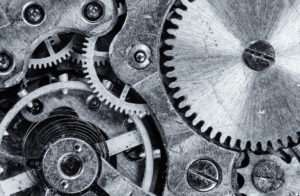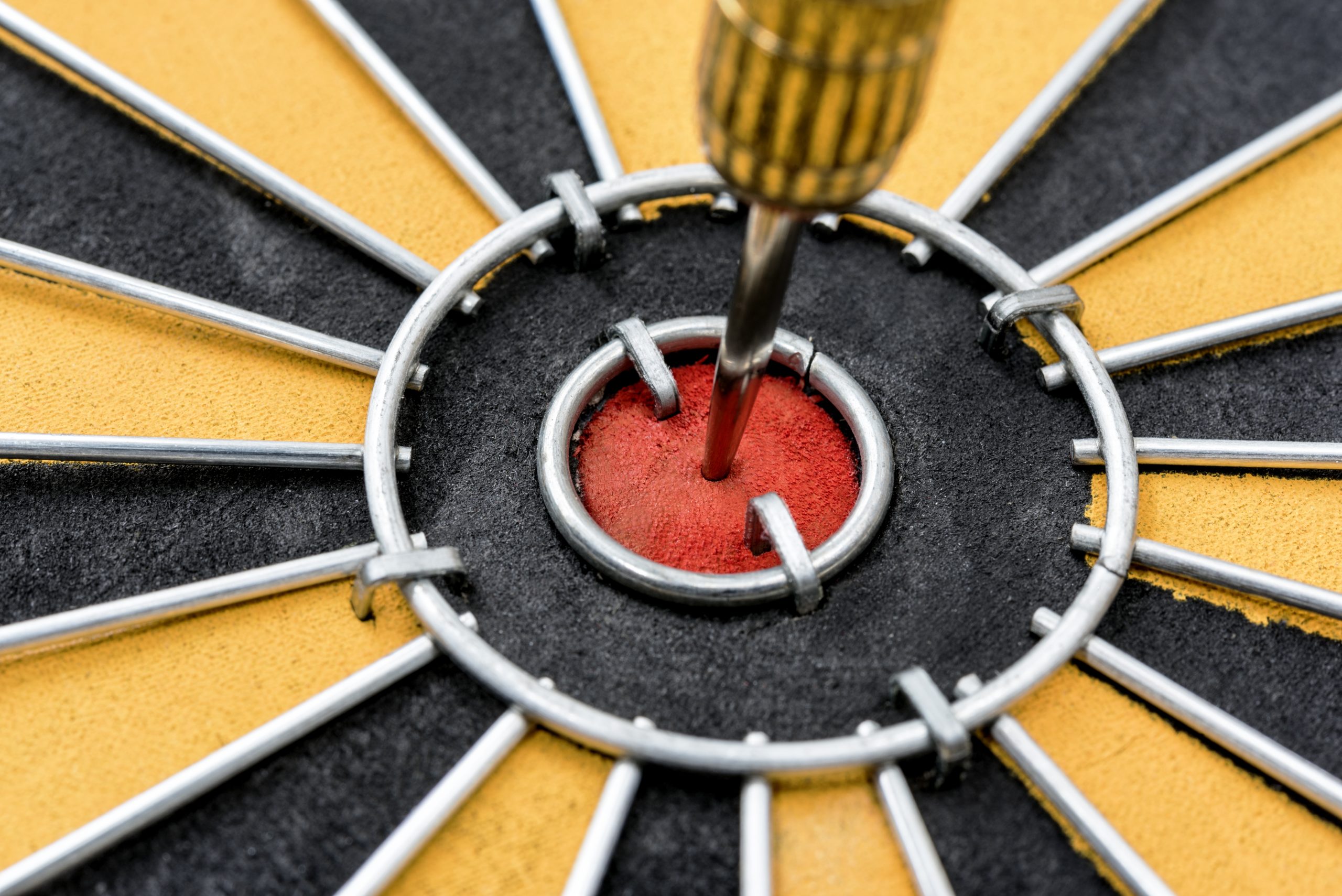 Larry Weidel: I’m here this afternoon with Anthony Franco, a serial entrepreneur that’s had five startups so far and is four years into his current one.
Larry Weidel: I’m here this afternoon with Anthony Franco, a serial entrepreneur that’s had five startups so far and is four years into his current one.
He’s the founder of M.C. Squares, a dry erase whiteboard tile business.
They were on Shark Tank, Season 11 in 2019 and got $300,000 for 25%.
Their sales are up over 2 million, a 600% increase from the first quarter of 2019 to the first quarter of 2020.
He’s got a lot of experience and he’s an advisor in different areas. He’s actually founded seven successful companies and he’s been in that founder and president role for 10 years. He’s learned a lot about winning and it’s exciting to speak with him.
What are you most proud of with this particular startup and what’s happening there? You can have a lot of kids but usually, it’s your newest baby that you’re most proud of.
Anthony Franco: My other companies that I founded and exited were all tech startups. With this company, I wanted to build something where we actually built physical products. We make really simple products and reusable dry erase sticky notes are easy for people to understand.
The way we make them is quite advanced. We have an advanced manufacturing facility that we started ourselves and have learned how to make products on our own.
So even though the company feels simple from the outside it’s a pretty interesting engineering feat that we’ve been able to accomplish on the inside.
LW: To people like me who are not in manufacturing, we have no clue about the difficulties.
Elon Musk recently talked about going through 10 years of manufacturing nightmares to get to where he is today. I’m sure that would resonate more with you than it would a person like me.
What are some of the challenges you run into in that?
AF: Today, if you build a piece of software and you make a mistake, you can change a line of code and it instantly is deployed across your entire user base. For example, on a website, I can make a change right now and you would see that change on your computer monitor right away. But with, physical product development, if you make a mistake not all your customers get the benefit of the fix. You have to reship out the product or sell more for people to get the benefit of that change.
Certainly nowhere near as complex as making lithium-ion batteries or self-driving cars like Elon Musk. I can certainly empathize with the difficulty, but he’s literally changing the world with tech and doing it with physical products. The complexity of what he’s doing is astronomical, but for us, it’s learning how to make something that hasn’t been made before and doing it in a scalable way is complicated.
LW: How quickly did you realize I’m not going to be able to outsource this. I’ve got to not only come up with the idea, but I’ve also got to figure out how to make it.
AF: We could have outsourced, but we wanted to have a lot more connective tissue to the manufacturing process ourselves. I’m a product guy. I design and build products.
[bctt tweet=”Getting your hands dirty in the manufacturing process means you can make products better.” username=”anthonyfranco”]
I wanted to be closer to the manufacturing process, closer to the design iteration process.
Learning how to do it was interesting. I got laughed out of a lot of outsourcing companies before we started manufacturing ourselves because we wanted to do things that they just had never done before.
 We had to cobble some machinery together and put automation, and code that for it to work the way we wanted it to.
We had to cobble some machinery together and put automation, and code that for it to work the way we wanted it to.
LW: How many people are we talking about in the beginning, when you started?
AF: It was me and one other person.
LW: There is importance in having one other solid citizen like-minded person who is totally committed to the vision that you can bounce ideas off of, that can take over some of the overflows of work, and can come up with ideas on their own.
The dynamic of that can be more than just two people. Can’t it?
AF: Yeah, it absolutely can. It takes only one person to make a lone nut into a leader. If you’re doing it by yourself you’re just a crazy loon.
LW: How did you get started in inventing entrepreneur mode?
Where did that come from?
AF: I was fascinated by advanced manufacturing techniques. I have a tech background, and I used to be a software developer. I really was fascinated by how manufacturing is changing.
So I started by purchasing a very expensive, very nice 3d printer so I could learn how to manufacture stuff digitally. I learned how to design and manifest things in the physical world and it kind of grew from there.
LW: How much does a 3D printer that you would be interested in cost?
AF: You can get 3D printers now for your home for a couple of thousand bucks that are fairly capable, but four years ago the printer that I bought was the size of a Fiat and about 150K.
LW: But then the potential for all kinds of business was huge.
AF: I didn’t go to college, so I figured I viewed it as my college education.
LW: How did you educate yourself to become a vendor, write software, start your own business and do all these startups?
AF: When I went to high school, we had an Apple computer lab and I took a computer programming course. That’s really when I fell in love with software development.
There was something really interesting about putting ones and zeros into a computer, putting code into a computer, and have it do something you wanted it to do. From a very early age, I’ve always been a builder and love building stuff and then trying to sell it to other people.
LW: You have to do something with it. Filling up the garage with trinkets makes it seem like it’s just a hobby. You got to get it to market. When did that light bulb come on?
AF: Really early on. In my very first business, I bought a large format printer and started creating t-shirt designs and screen printing materials for a t-shirt company that was printing for Mexican radio stations in LA.
So very early on, I was putting my computer and graphics knowledge to work and just doing little odd jobs here and there for people that couldn’t do it.
LW: You had to have been a problem child.
I’ve got visions of all kinds of madness that you got into.
What was the first thing you did to make money?
AF: The first thing I ever did to make money was working at the local carwash. I also worked in the restaurant industry for quite a while trying to find my way, and computers were just a hobby.
Then my first business was taking my computer knowledge and creating silkscreen stuff for Mexican radio stations. From there I started applying my high school taught computer programming to build software for smaller companies and it kind of grew from there.
LW: What did you learn from those initial work experiences that influenced how you evaluated people and positions?
AF: I think what I learned is that I suck as an employee. I’m a terrible employee.
What I figured out is that for me to earn a living, I had to have myself as my boss, otherwise I wasn’t going to be able to hold a job.
LW: So, you learned that you suck as an employee, and I’m sure the people you worked for were the ones that made it very clear to you.
 AF: I always wanted to figure out why things were done a certain way, and I just couldn’t do it because I was told to do it that way. I wanted to figure out why, look under the hood, and improve the processes.
AF: I always wanted to figure out why things were done a certain way, and I just couldn’t do it because I was told to do it that way. I wanted to figure out why, look under the hood, and improve the processes.
If you’re managing a restaurant and you have a server that wants to figure out why you’re doing something, you don’t want them to dig that deep into it. You just want them to do it the way it’s supposed to be done.
I learned very early on that I need to break other things to figure out how they work so I can get out of bed in the morning.
LW: That appears to be what Mark Cuban did from an early age. He refers to the only job he could get as working at a computer store as a glad-hander.
In the meantime, he’d ask questions on both ends. He would ask questions to the consumers who came in the door about what they wanted and then ask questions to the people who were servicing them. He just kind of found out everything that was possible to know about the computer business from the retail side, and he parlayed that into his next position. Everywhere he went he was asking questions.
There’s a lot that can be found out just simply by learning and having an instinct that you develop about asking the right questions because everything can be improved.
AF: I know quite a few entrepreneurs and the defining trait of the successful ones is this overwhelming sense of discontentment. Even going to the extent of going into a restaurant and picking apart how they do things, not being able to enjoy a meal because they could have constructed the menu differently or the waitstaff is moving inefficiently.
Those things might drive other people insane thinking about all the time. It’s just kind of a natural state of being for us.


